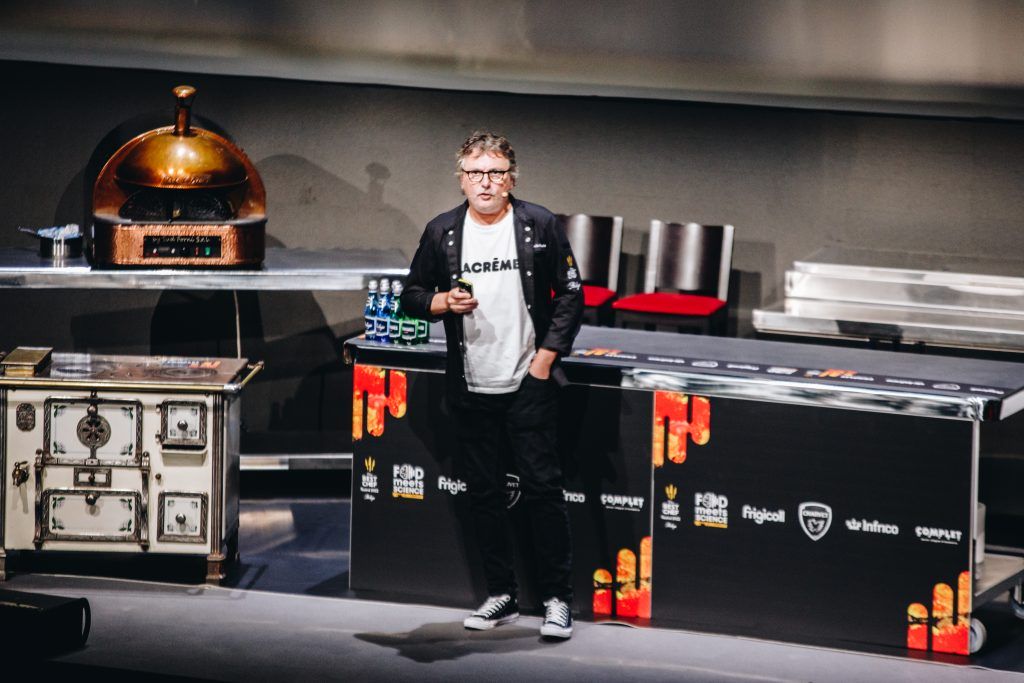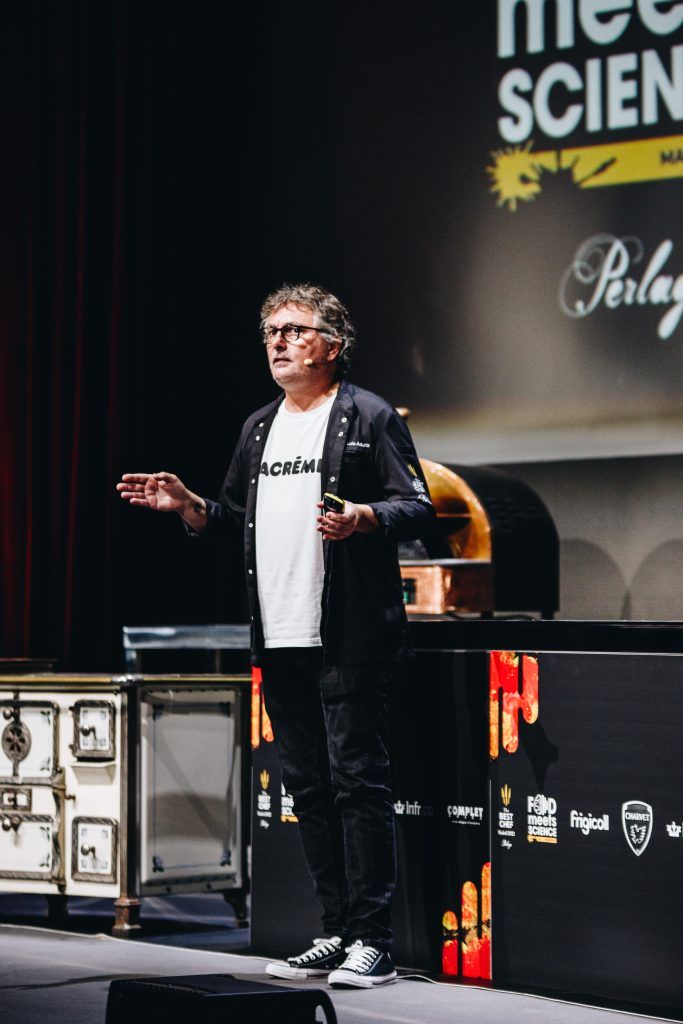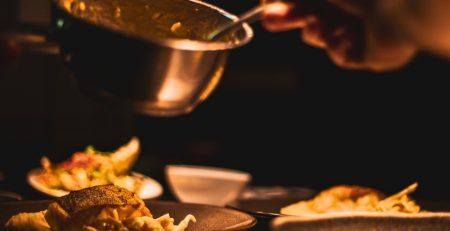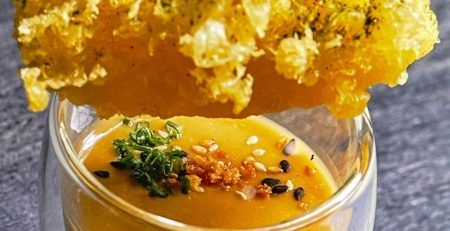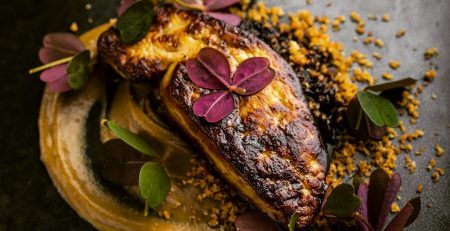The development of technology significantly impacts every area of life, including gastronomy. We have all heard about artificial intelligence. In the cinema, we have witnessed armies of robots fighting in the name of humanity. And who hasn’t dreamed of having C-3PO as a companion? Enthusiasts of artificial intelligence envision robotic restaurants and embark on incredible experiences. However, opponents imagine robotic restaurants devoid of human presence and paint a grim picture of robots destroying humanity. But what is the reality? Will new technologies genuinely shape the world of fine dining and gastronomy?
How can artificial intelligence help gastronomy?
Artificial intelligence in gastronomy creates exciting opportunities for creativity and innovation. New technologies can improve restaurant management when used effectively, optimizing various processes. For example, we can automate inventory management, reservations, and even assist with menu planning based on local traditions and products. Another area where AI can make a significant impact is sustainability and reduction of food waste. Artificial intelligence algorithms can optimize the use of ingredients, suggesting creative ways to reuse leftovers and minimize food waste. By maximizing ingredient utilization and minimizing waste, restaurants can contribute to a more sustainable and environmentally friendly foodservice industry.




images generated by Canva AI
Additionally, AI can personalize dining experiences by analyzing customer preferences, dietary restrictions, and past meal history to tailor menus and recommendations to individual diners.
”It’s another tool that provides vital information to complement a chef’s talent”
Andoni Luis Aduriz
AI-powered tools enable chefs and culinary experts to explore new culinary horizons, pushing the boundaries of flavor combinations and cooking techniques. Chef Andoni Luis Aduriz of the Mugaritz restaurant personally developed an artificial intelligence program called “Molecular Cuisine” that utilizes machine learning algorithms to generate innovative combinations of flavors and textures. Additionally, several fast-food chains have implemented self-service stations that employ AI to customize menu recommendations and suggest enticing entrees and drinks based on customer preferences.
Does this mean humans are useless?
Various articles and debates suggest that automated machines will replace people in their jobs. Of course, we have seen instances in documentaries from Japan where in restaurants machines picked up and prepared ordered dishes. However, even in the country of cherry blossoms, where cryptocurrencies are accepted and new technologies are highly developed, the value of human expertise remains significant. It is crucial to strike a balance between integrating AI and preserving the essence of the human touch in gastronomy. While AI can streamline operations and increase efficiency, machines cannot replicate the craftsmanship, passion, and intuition of chefs. Genuine human interaction, spontaneity, and even a smile cannot be guaranteed by the most sophisticated Artificial Intelligence.
Synergy between AI and human creativity
Artificial intelligence has the potential to revolutionize the world of gastronomy by optimizing processes, stimulating creativity, personalizing the culinary experience, and promoting sustainability. The synergy between AI and human creativity is the key to truly transformative dining experiences. However, it is important to remember that AI is just a tool. Let’s not be afraid of new technologies because, ultimately, it is created by people for people.
